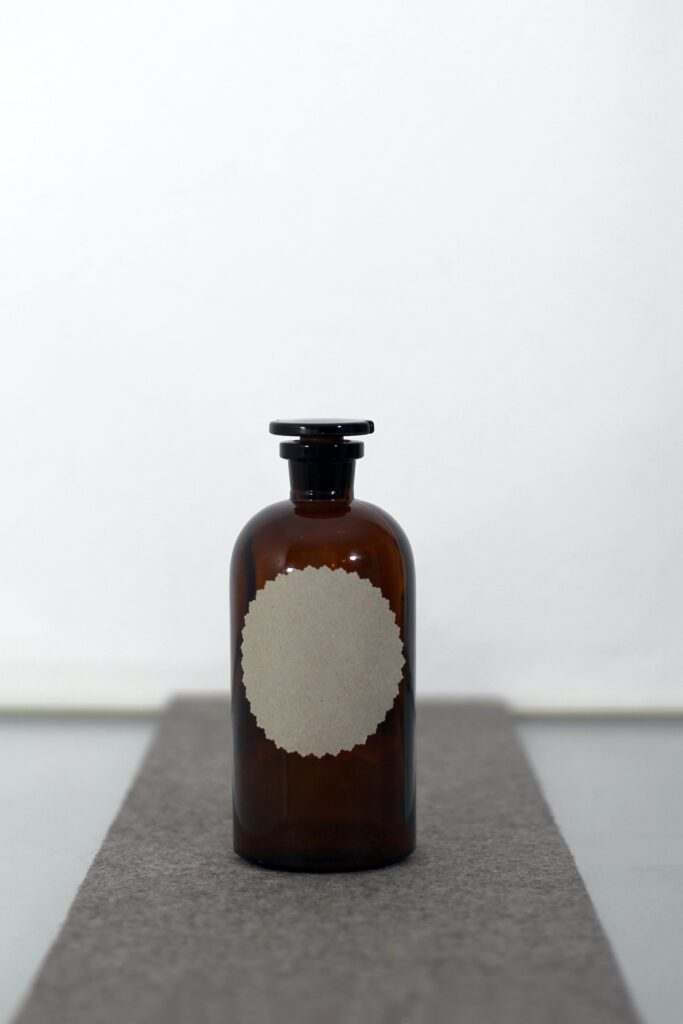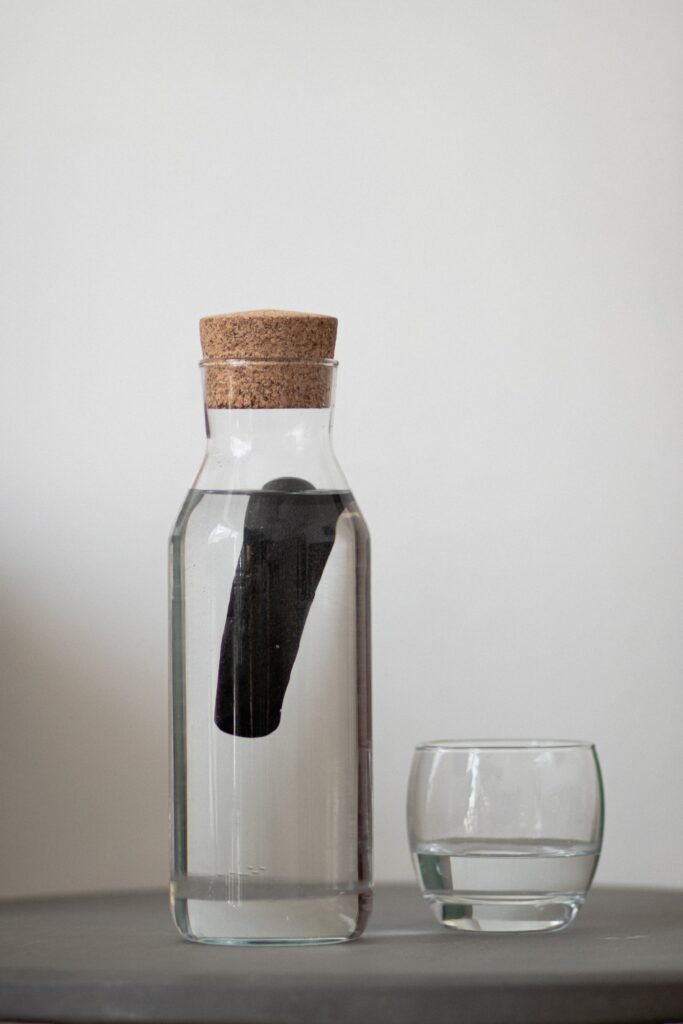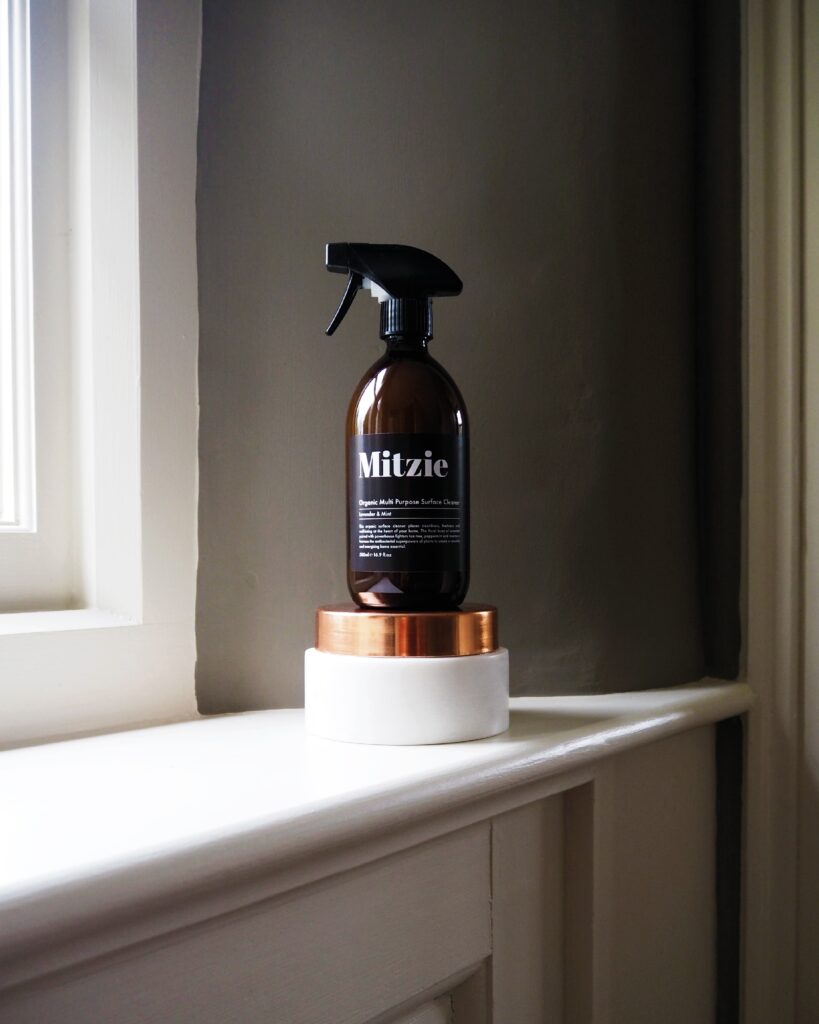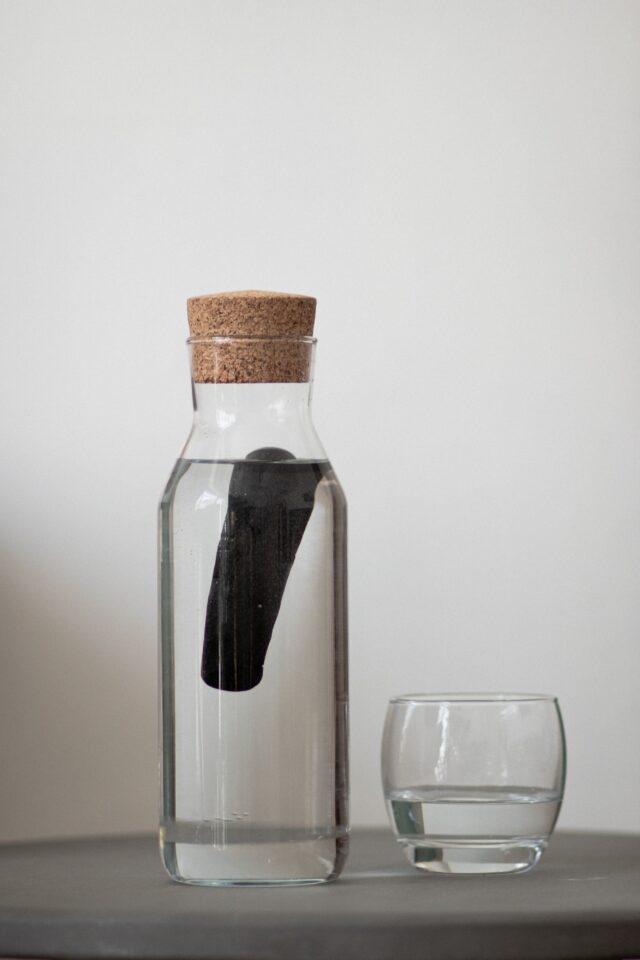It’s always quite the delight when you’re familiar with a product that seamlessly meshes with your lifestyle, isn’t it? “Can I Bring My Own Wine” is designed just for you, effortlessly striking a balance between your love for fine wine and elegance. The product, keeping your sophistication in mind, provides the solution you’ve been looking for, allowing you to bring your own wine wherever you go. Its practical design and chic style are the icing on the cake, guaranteed to elevate your wine-drinking experience to new, exquisite heights. So, get ready to uncork, sip, and savor the ambrosial notes of your favorite wine anytime, anywhere with “Can I Bring My Own Wine”.

This image is property of images.unsplash.com.
Understanding BYOB Culture
By now, you’ve likely heard of the term BYOB, but might not fully understand what it entails.
Definition of BYOB
BYOB stands for “Bring Your Own Bottle” (sometimes specified as “Bring Your Own Booze” or “Bring Your Own Beverage”). This phrase is commonly used for parties where guests are expected to bring their own drinks or alcohol. However, it’s an increasingly popular trend in dining, where customers bring their own bottle of wine to a restaurant.
Origins of BYOB culture
The origins of the BYOB culture are difficult to pin down as it has been influenced by various social and economic contexts. However, it supposedly started during the prohibition era when patrons would carry their liquor to speakeasies. Over time, BYOB evolved from a necessity to a choice—a dining culture in its own right.
How prevalent is BYOB today
Today, BYOB is quite prevalent, particularly in the casual dining scene. Many people enjoy it as it allows for personalized drinks while often saving money. Keep in mind, however, the popularity of BYOB might vary across different locations due to local customs and regulations.
General Policies Around Bringing Your Own Wine
While bringing your own bottle of wine to a restaurant can be beneficial, there are usually policies to note.
Standard Policies in Restaurants
Quite a number of establishments, particularly upscale places, discourage BYOB as they typically have a well-curated wine list. Conversely, some restaurants might encourage customers to bring their own wine. It’s always wise to check the restaurant’s policy beforehand.
Variations Based on Location
The BYOB policies can significantly vary depending on the location. Local alcohol rules, ethnic customs, or regional norms can also influence these policies.
Exceptions to the Rules
In some exceptional cases, restaurants may allow BYOB for unique or uncorked bottles. For instance, if you have a rare or exceptional bottle of wine that the restaurant doesn’t stock, they might permit you to bring it along.

This image is property of images.unsplash.com.
Legal Considerations When Bringing Your Own Wine
While BYOB is enjoyable, you need to be aware of legal considerations surrounding it.
Alcohol Licensing Laws
Many areas have specific licensing laws around alcohol which restaurants have to follow. Breaking these laws can result in serious consequences for the establishment, hence they may restrict BYOB.
Age Restrictions
Like any other context involving alcohol, you must be of legal drinking age to participate in BYOB. Typically, this is either 18 or 21 depending on the country and region.
Laws Governing Transport of Alcohol
Legalities around the transportation of alcohol vary greatly. Ensure to familiarize yourself with local transportation laws to avoid any potential legal issues.
How to Ask a Restaurant if You Can Bring Your Own Wine
It’s always good to clarify BYOB policies ahead of time to avoid any confusion or embarrassment.
Contacting Ahead of Time
Before bringing your own bottle of wine, reach out to the restaurant—either by phone or through their website—and inquire about their BYOB policy.
Appropriate Etiquette When Making Request
When making this request, remember to be polite and understanding. If the restaurant does not permit BYOB, respect their decision without argument or negative demeanor.
What to Do If Your Request is Denied
If your request to bring your own wine is denied, accept the decision gracefully. Don’t let it ruin your dinner plans. You can always choose from the restaurant’s wide range of drinks.

This image is property of images.unsplash.com.
Understanding Corkage Fees
Now, let’s understand corkage fees—another essential factor in BYOB.
What is a Corkage Fee?
A corkage fee is a service charge that a restaurant might ask for if you bring your own wine. The fee usually covers the service of opening and serving the wine.
Average Cost of Corkage Fees
The cost of corkage fees can greatly vary depending on the restaurant. A typical price might range anywhere from to , or even higher at some fine dining establishments.
Factors that Influence Corkage Fees
Corkage fees are influenced by several factors, such as the restaurant’s operational costs, the quality of glassware used, the level of service provided, and the potential loss of revenue from customers not buying their wine.
Choosing the Right Wine to Bring
Choosing the right wine to bring can enhance your dining experience.
Picking a Unique Bottle
While choosing a wine to bring, consider something unique or significant. It can be a bottle that is not available in most restaurant menus, making your dining experience really special.
Considering the Restaurant’s Menu
Another key consideration you should make while picking a bottle of wine is the restaurant’s menu. Research the type of food the restaurant offers and select a wine that pairs well with those dishes.
Ensuring Proper Storage for Transport
Remember, wine is sensitive to thermal changes. Hence, ensure your bottle is transported and stored properly to maintain its quality and taste.
Decoding BYOB Etiquette
Following appropriate BYOB etiquette can make your dining experience smoother and more enjoyable.
Sharing Wine with Others
If you’re dining with a group, it’s a nice gesture to share your wine with others. It can create a more communal and pleasant dining experience.
Tipping on Corkage Fees
Some people wonder whether they should tip based on the corkage fee. While it’s not generally expected, it’s a nice gesture, especially if the service has been excellent.
Handling Leftover Wine
In case you’re unable to finish the bottle, ask the restaurant if they can re-cork it for you to take home. However, local laws may dictate whether this is possible.
Alternatives to Bringing Your Own Wine
Here are a few alternatives to bringing your own wine.
Ordering from the Restaurant’s Wine List
If bringing your own wine isn’t an option—or if you simply don’t want to—ordering from the restaurant’s wine list can be a great choice.
Looking for Wine Specials or Promotions
Some restaurants offer wine specials or promotions. These can be a wonderful way to try new wines without the responsibility of bringing your own.
Sticking with Non-Alcoholic Options
For those who don’t drink alcohol or prefer not to, many restaurants have a range of exciting and enjoyable non-alcoholic options.
Benefits of Bringing Your Own Wine
BYOB also comes with several benefits that you might want to consider.
Enjoying a Favorite or Special Bottle
Bringing your own wine allows you to enjoy your favorite or special bottle, which can greatly enhance your overall dining experience.
Reducing Dining Costs
BYOB can be a great way to reduce dining costs, especially at high-end restaurants where wine prices can be quite elevated.
Pairing Wine with Food Your Way
Lastly, by bringing your own wine, you have the freedom to pair your wine with food your way, allowing for a more personalized and enjoyable dining experience.
Potential Downsides to Bringing Your Own Wine
While there are many benefits to BYOB, it’s also important to consider potential downsides.
Possible Extra Costs
Despite the cost savings associated with BYOB, there might still be expenses to consider. Corkage fees can quickly add up, particularly at high-end restaurants.
Not Meeting Restaurant Policy or Laws
There could be negative consequences if you bring your own bottle of wine without adhering to the restaurant’s policy or local laws.
Perception Issues from Other Diners or Staff members
Lastly, be mindful of how appearing with your own bottle might be perceived by others. While some people might not care, others might see it as rude or presumptuous.
So, next time you plan on dining out, consider if BYOB is right for you. Just make sure to follow the restaurant’s policies, respect your local laws, and enjoy your experience to the fullest.










